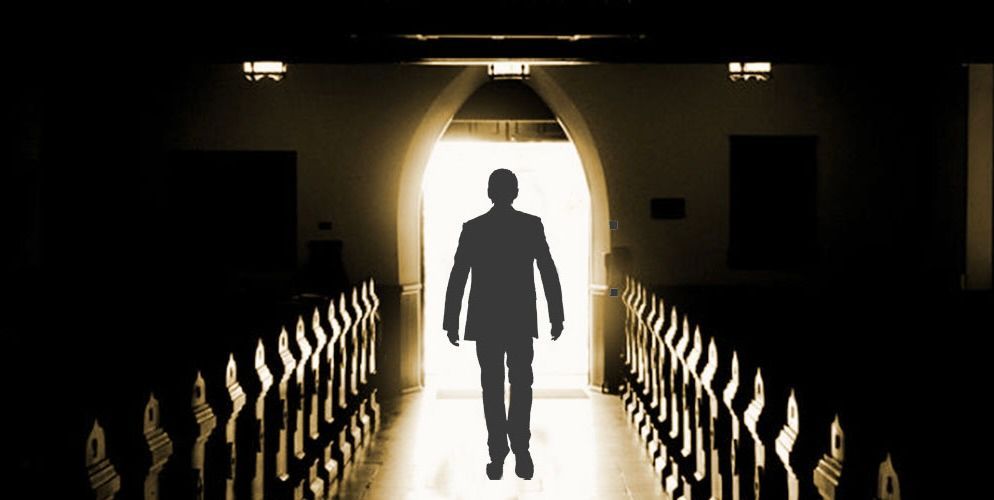Constant Craving
June 14, 2025
Sign up for blog updates!
Join my email list to receive updates and information.

“Life is just one damn thing after another."
Every time we get our hands on something we’ve been after for some time, the afterglow doesn’t last long. Why? We don’t want just beautiful things, we want beauty itself; we don’t want this or that good thing, we want goodness itself.
Our feelings of satiety and satisfaction evaporate quickly and unfailingly as something else comes along to entice us.
Some say this constant craving of ours for something more is a proof of the existence of God. Why else would we be hard-wired to want something that does not exist?
In short, we crave God. God is our deepest desire.
In light of this, I have to ask myself about my Christian faith.
If I really believed to my core that there is in fact a God, that he cares for me and that I will mesh with the divine after my death, then my days would be flooded with joy, wouldn’t they?
Well, simply put, my days are more often run-of-the-mill. As the old joke goes: “Life is just one damn thing after another . . . then we die.”
By way of illustration, here are lines from “A Litany for Survival” by Audre Lorde:
And when the sun rises we are afraid
it might not remain
when the sun sets we are afraid
it might not rise in the morning
when our stomachs are full we are afraid
of indigestion
when our stomachs are empty we are afraid
we may never eat again
when we are loved we are afraid
love will vanish
when we are alone we are afraid
love will never return
and when we speak we are afraid
our words will not be heard
nor welcomed
but when we are silent
we are still afraid
When we follow the conventional milestones, meting out our lives with birthdays and graduations and anniversaries and funerals, we are left with voids along the way—vast stretches of empty space lost to memory. We take photos only of the high points, not the quotidian.
As I wrote about everyday life in one of my poems:
And I? I’ve sought the space, the place, the lane,
like a student out to master his instrument, and stumbled
upon the novel in the humdrum of the day.
I’m not convinced that I have faith at all. And so my constant craving for more of the world’s comforts.
My fear is that most of us share this lack of conviction. How else explain all of humanity’s striving and seeking and sinning?
Jesus said this on the eve of his crucifixion: “I am not alone, because the Father is with me. I have said this to you so that you may have peace in this world.”
If he is wrong, if there is no divinity, no afterlife, we are the most wretched species on the planet, cursed with the awareness of our mortality for no purpose.
